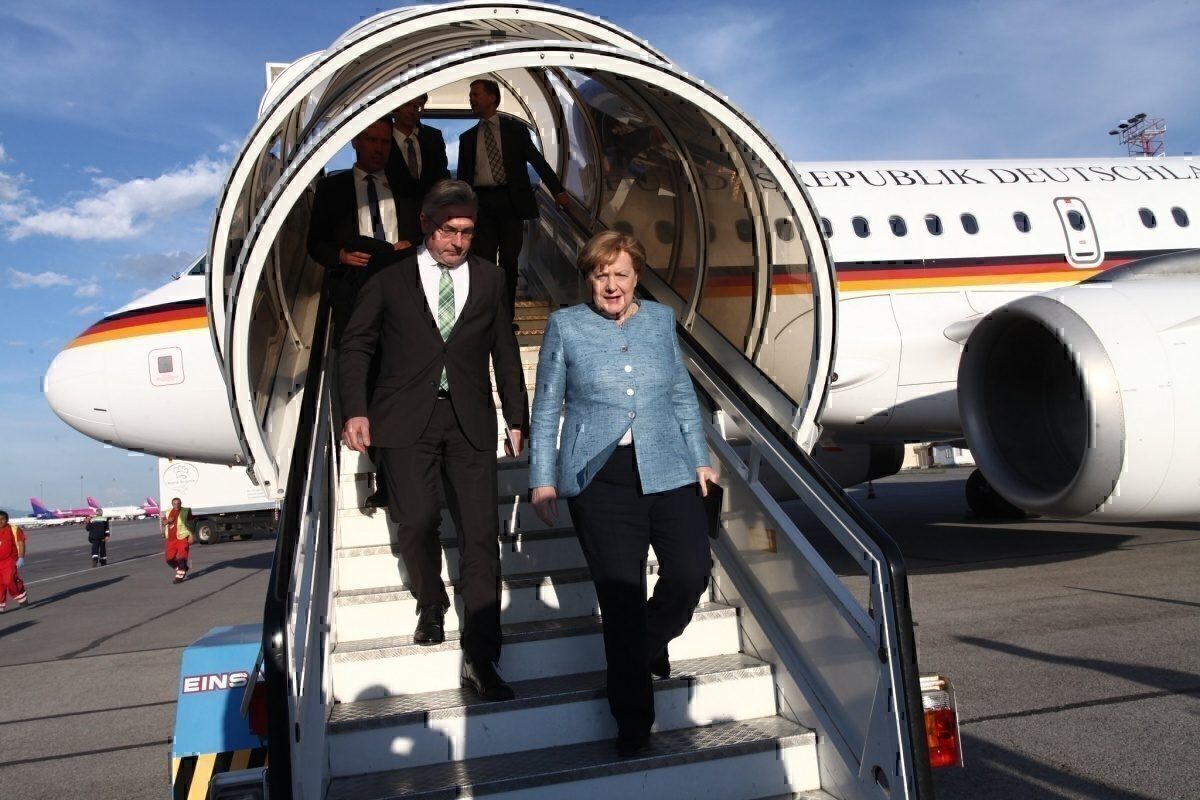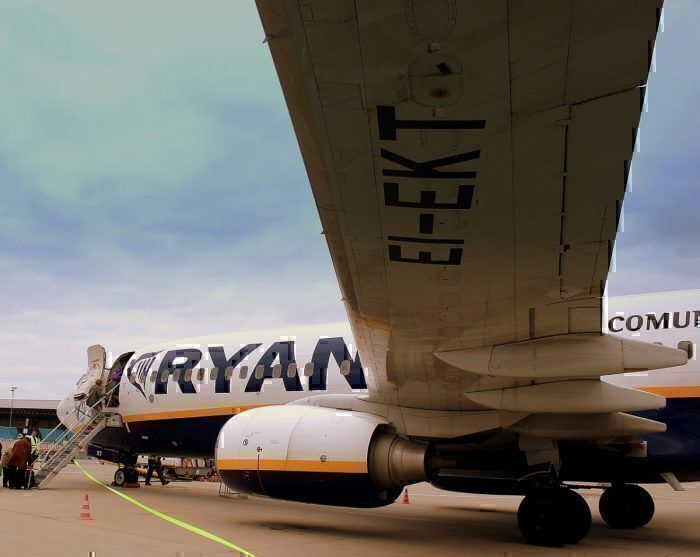Germany has proposed a new plan to tackle aviation CO2 emissions just a few weeks after the United Nations Climate Summit 2019. Germany will now increase the tax charged on airfares in order to reduce pollution.
What is the tax?
This new proposal was drawn up by Angela Merkel's coalition government and is the latest evaluation of the current aviation tax. Tax is already included in German airfare prices and is charged per passenger at the following rates:
- Short-haul flight: €7.50
- Medium-haul: €23.43
- Long-haul: €42.18.
But, from 2020, the government will increase this amount and it will affect both domestic and international flights. Bloomberg reports the breakdown as follows:
- Domestic and Europe: €10.43
- Mid-haul: €32.57
- Long-haul: €58.63.
Hampering a profitable sector
Bloomberg News was the first to gain access to the air transport bill presented by the German government and it reported that the tax increase will be particularly hard-hitting for low-cost airlines. The bill is reported to have stated that:
“Especially where discount air carriers are concerned -- travelers will find that the tax will make up a significant part of the total ticket price.”
That's not good news for airlines.
This tax increase will likely force low-cost airlines to raise their prices in order to cover existing costs as well as to cater for the new levies. And that's making some airlines unhappy.
Low-cost airlines are notorious for incorrectly representing the true cost of flying. By offering dirt-cheap ticket prices, they often operate at a loss, relying heavily on passengers purchasing immodestly-priced extras, such as checked baggage and priority boarding. But this is a model which has proved successful since it keeps prices competitive and, eventually, brings home the bacon.
But where additional tax is concerned, low-cost airlines will need to raise ticket prices or risk losing even more of their profits in a bid against the competition.
According to Bloomberg, Ryanair is one opposer to Germany's new plan. But CEO Michael O'Leary says it's not just because the tax will fracture competitiveness. He says the tax won't actually affect CO2 emissions. And, he has a point.
How will this affect the environment?
Making extremely low airfares more reasonably priced won't necessarily affect passenger numbers. Moreover, the money generated from this new tax will not directly be used to take CO2 out of the air or make the aviation industry greener. That was initially what some German politicians had hoped for; to have the country leading the way in renewable alternatives.
But it is now reported that Germany will use the additional income from the airfare tax (some $549 million) to subsidize its train fares. It means VAT will be charged at 9.5% - half of the current 19% - and it will represent savings for passengers. Germany hopes this will promote people to travel on more sustainable modes of transport.
Is it wishful thinking that travelers will make the change?
One argument for raising aviation tax, in general, is that it will prompt passengers to think whether their air travel is necessary or not. It is assumed that seeing a large portion of money going towards air tax will be enough to encourage passengers to cancel or rethink their travel plans. Personally, I don't know many people who look too closely at where their money's going when the lure of a much-needed winter break is drawing them in. But perhaps those air tax conscious passengers do exist.
However, where airfares are increasing we know someone who might be happy.
Lufthansa CEO Carsten Spohr is rather indignant about low fares, calling them:
"...economically, ecologically and politically irresponsible."
The airline CEO will now likely be happy that his government is taking steps to make budget airlines more responsible for their actions and the environment.
What do you think about the increased aviation tax in Germany? Do you think it will affect fares? Will the environment feel the impact? Let us know!



